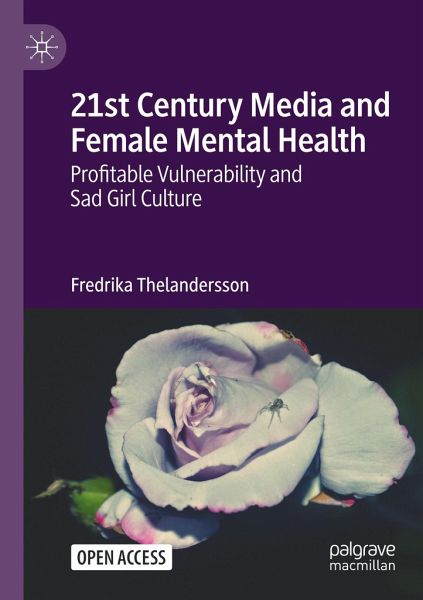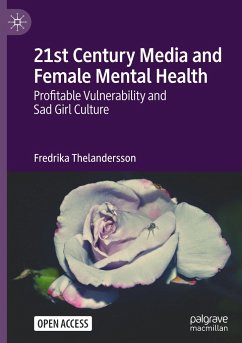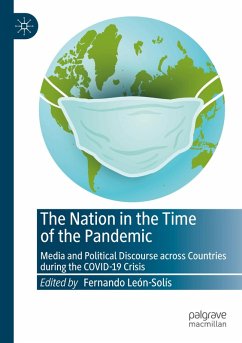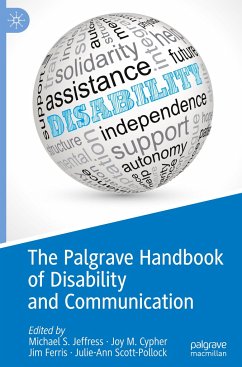
21st Century Media and Female Mental Health
Profitable Vulnerability and Sad Girl Culture

PAYBACK Punkte
16 °P sammeln!
This open access book examines the conversations around gendered mental health in contemporary Western media culture. While early 21st century-media was marked by a distinct focus on happiness, productivity and success, during the 2010s negative feelings and discussions around mental health have become increasingly common in that same media landscape. This book traces this turn to sadness in women's media culture and shows that it emerged indirectly as a result of a culture overtly focused on happiness. By tracing the coverage of mental health issues in magazines, among female celebrities, and...
This open access book examines the conversations around gendered mental health in contemporary Western media culture. While early 21st century-media was marked by a distinct focus on happiness, productivity and success, during the 2010s negative feelings and discussions around mental health have become increasingly common in that same media landscape. This book traces this turn to sadness in women's media culture and shows that it emerged indirectly as a result of a culture overtly focused on happiness. By tracing the coverage of mental health issues in magazines, among female celebrities, and on social media this book shows how an increasingly intimate media environment has made way for a profitable vulnerability, that takes the shape of marketable and brand-friendly mental illness awareness that strengthens the authenticity of those who embrace it. But at the same time sad girl cultures are proliferating on social media platforms, creating radically honest spaces where those who suffer get support, and more capacious ways of feeling bad are formed.
Using discourse analysis and digital ethnography to study contemporary representations of mental illness and sadness in Western popular media and social media, this book takes a feminist media studies approach to popular discourse, understanding the conversations happening around mental health in these sites to function as scripts for how to think about and experience mental illness and sadness
Using discourse analysis and digital ethnography to study contemporary representations of mental illness and sadness in Western popular media and social media, this book takes a feminist media studies approach to popular discourse, understanding the conversations happening around mental health in these sites to function as scripts for how to think about and experience mental illness and sadness














